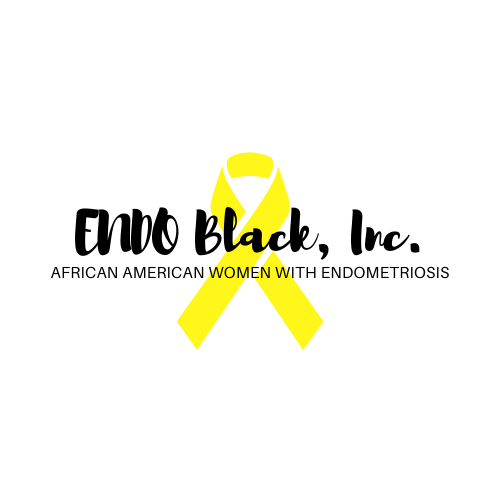Understanding Period Poverty
Written by Daisha Smith
I didn't know what menstruation or a period was until I got mine at age 9. There I was stuck, scared, with my body making a change I had not been previously warned about. Period's in my family were such a shh-shh type of experience. Following along in the same pattern of being seen and not heard, menstruation was not to be discussed. Only known amongst other women and girls that you were now "a woman." But no additional discussion after that.
So what does that leave an inexperienced child with? Certainly not all the rights, privileges, and access that a woman would have. It left me with a stern shh-shh to not tell anyone that I had my period - especially boys. But again, I felt stuck. My education of my body was learned through trial and error, not advice. My education of endometriosis followed the same pattern. Trial and error.
I still wonder what life would've been like if the 9-year-old version of myself was taught how to properly care for myself during menstruation. If the women in my family had been proactive instead of reactive. And as I type this, it saddens me to know that I wasn't alone in experiencing this. Studies show that almost 20% of Black women experience period poverty. This is poverty in which you experience an inconsistent balance of menstrual care products and education, including reproductive care.
Daisha Smith
Media plays a huge role in this inequality. Imagine a tampon commercial. Who do you see? Is it yourself cramping in bed or, moreso, a white cis woman running happily through life? This overwhelming representation of white women experiencing things that we all go through increases the likelihood of everyone not receiving an adequate amount of care. It's deeper than asking the person in the next stall in the bathroom if they have a pad. It's deeper than borrowing tampons from the school nurse. It's a disproportionate amount of menstrual materials that make or break our understanding of our bodies. It begs the question, is there a racial and cultural divide going on here?
So what can be done? Our bodies should be celebrated from birth. Less focus on how girls are likely to become mothers and more discussion on how we'll be able to successfully carry full-term with adequate maternal care. Encourage and foster conversations amongst men too. Destigmatize "that time of the month" by developing a supportive emotional environment.
Most importantly, prepare, pack, and carry menstrual kits like we carry hand sanitizer. Not only can we donate these kits to a person in need, but it will also destigmatize that shh-shh nature. These things and more can lead to a decrease in period poverty.

